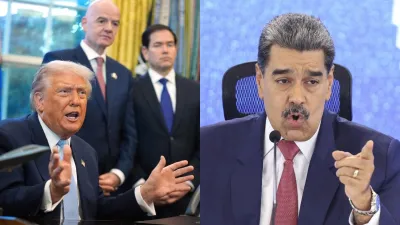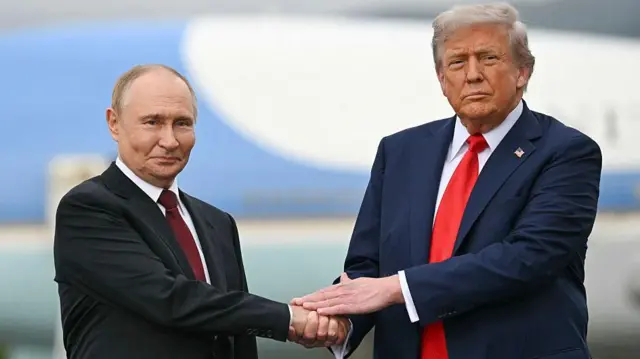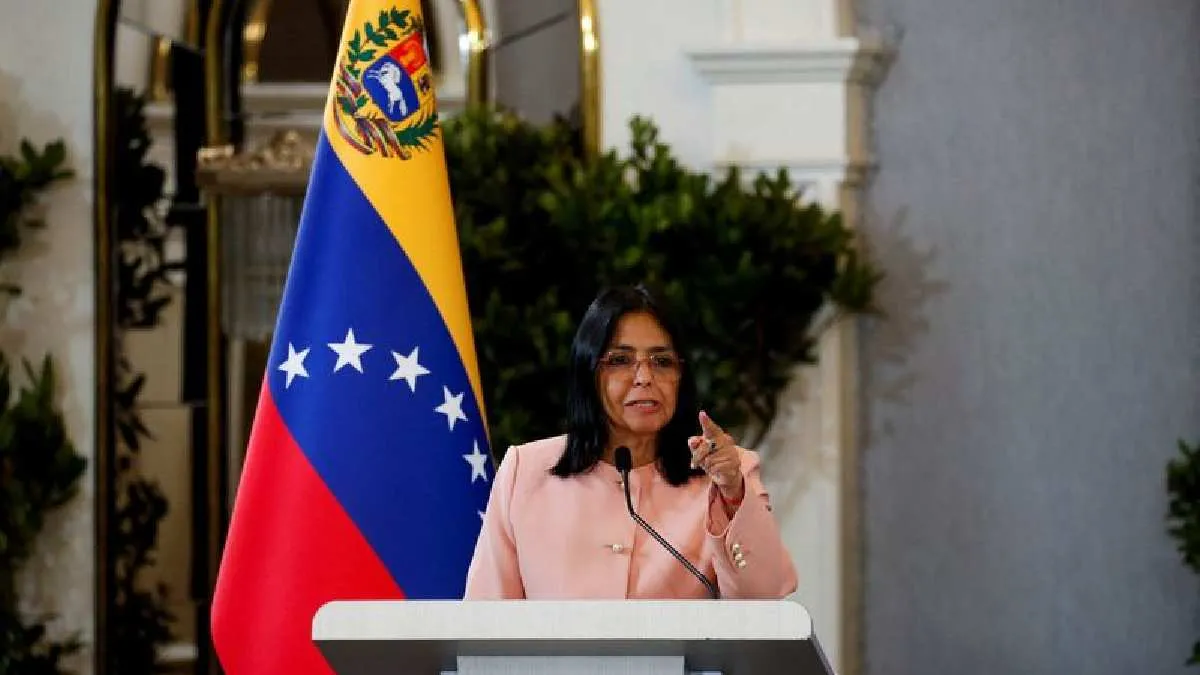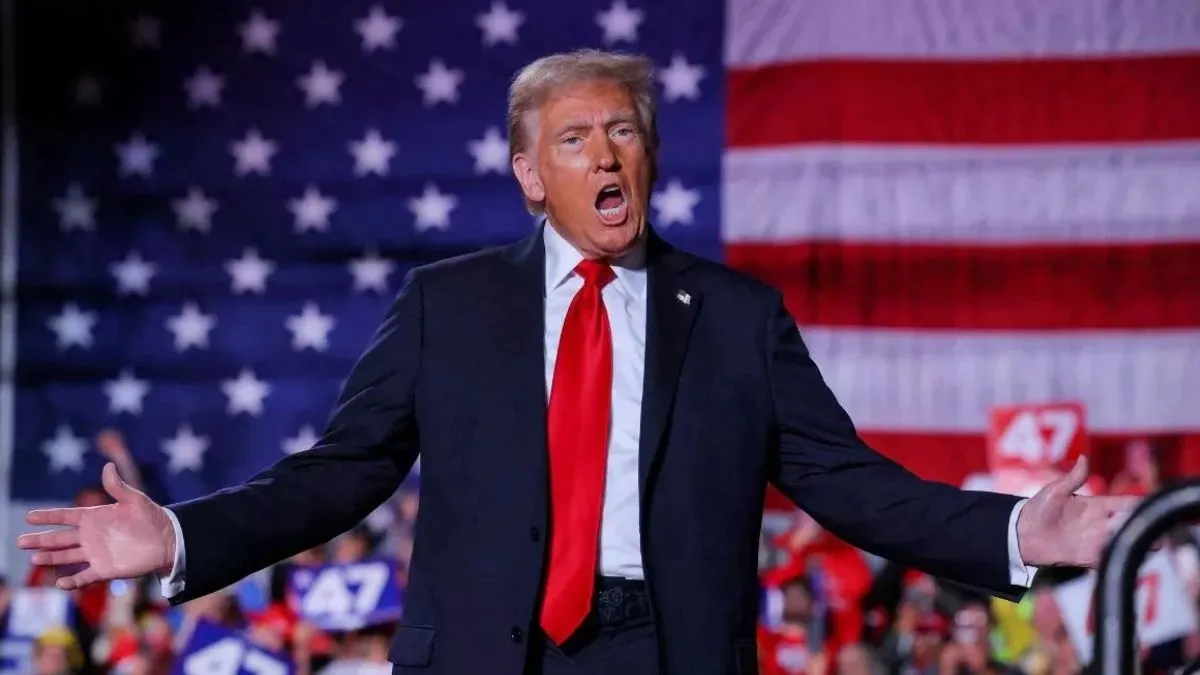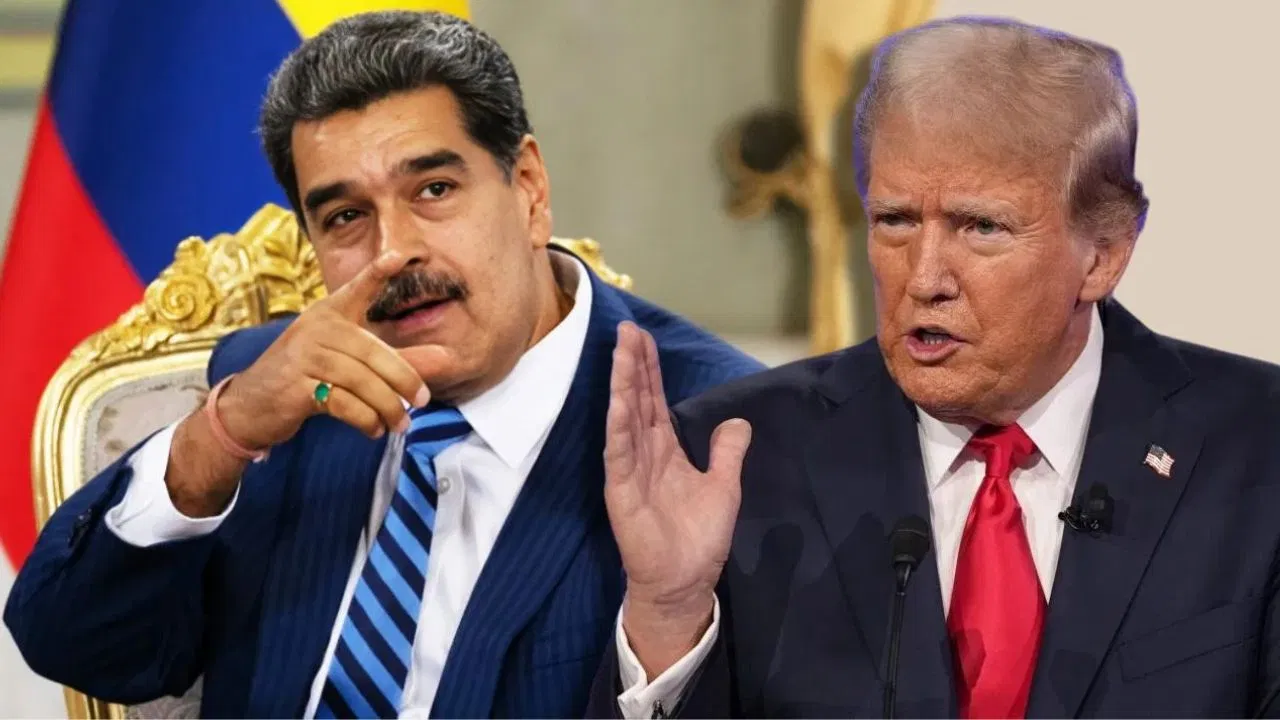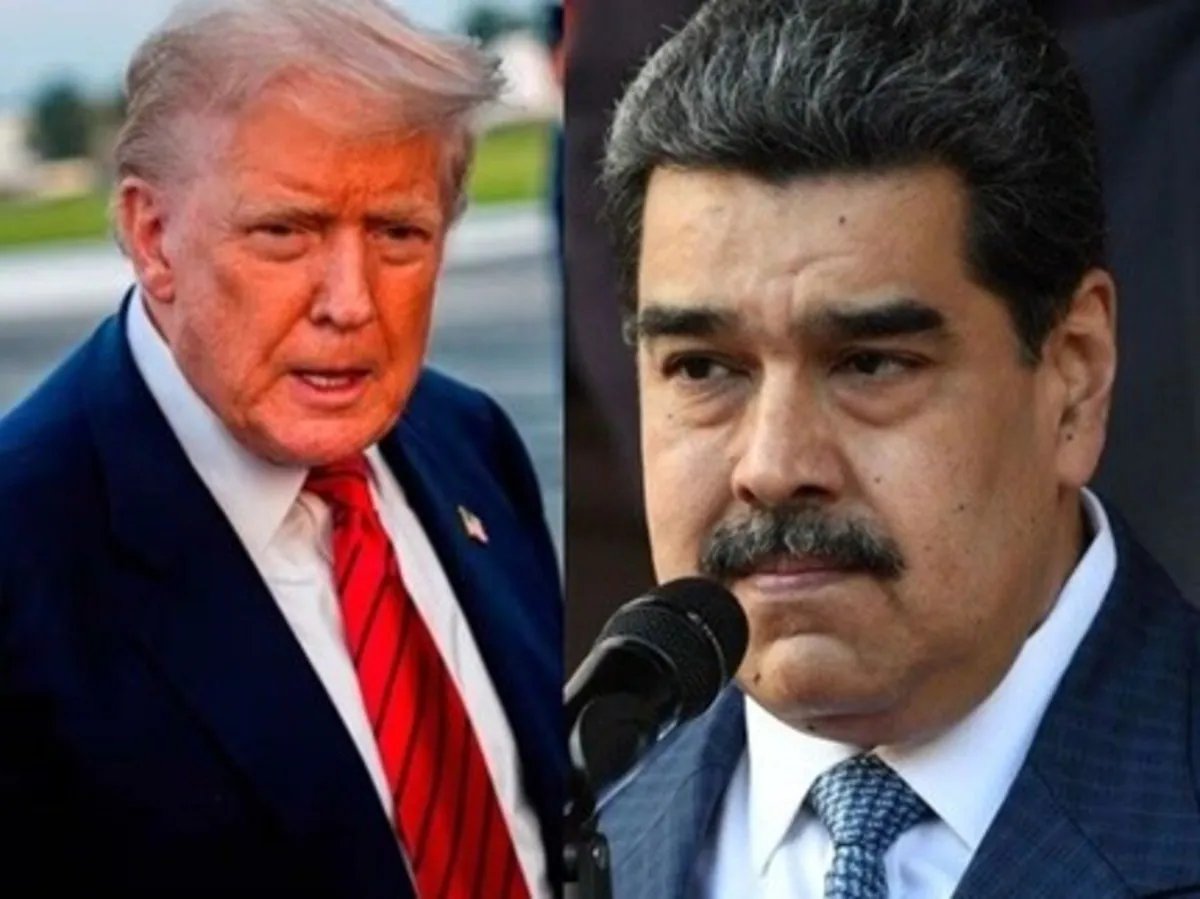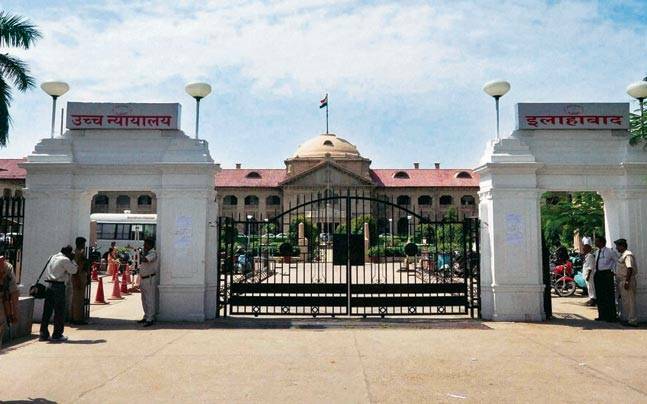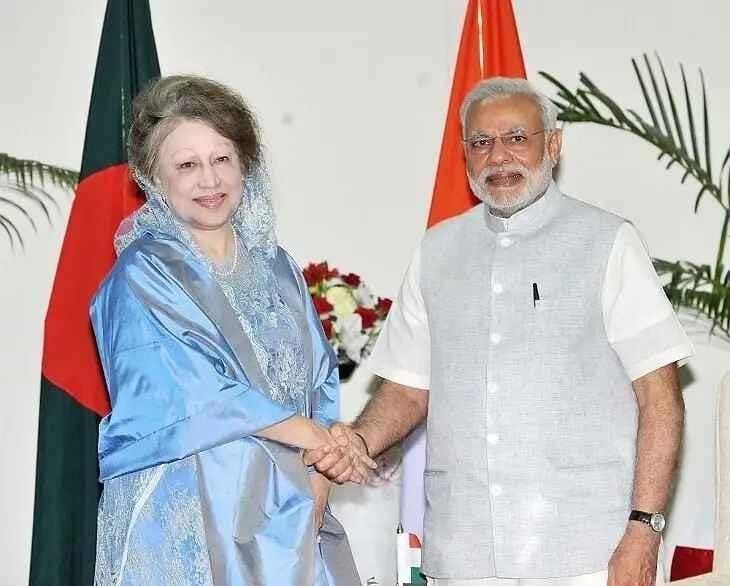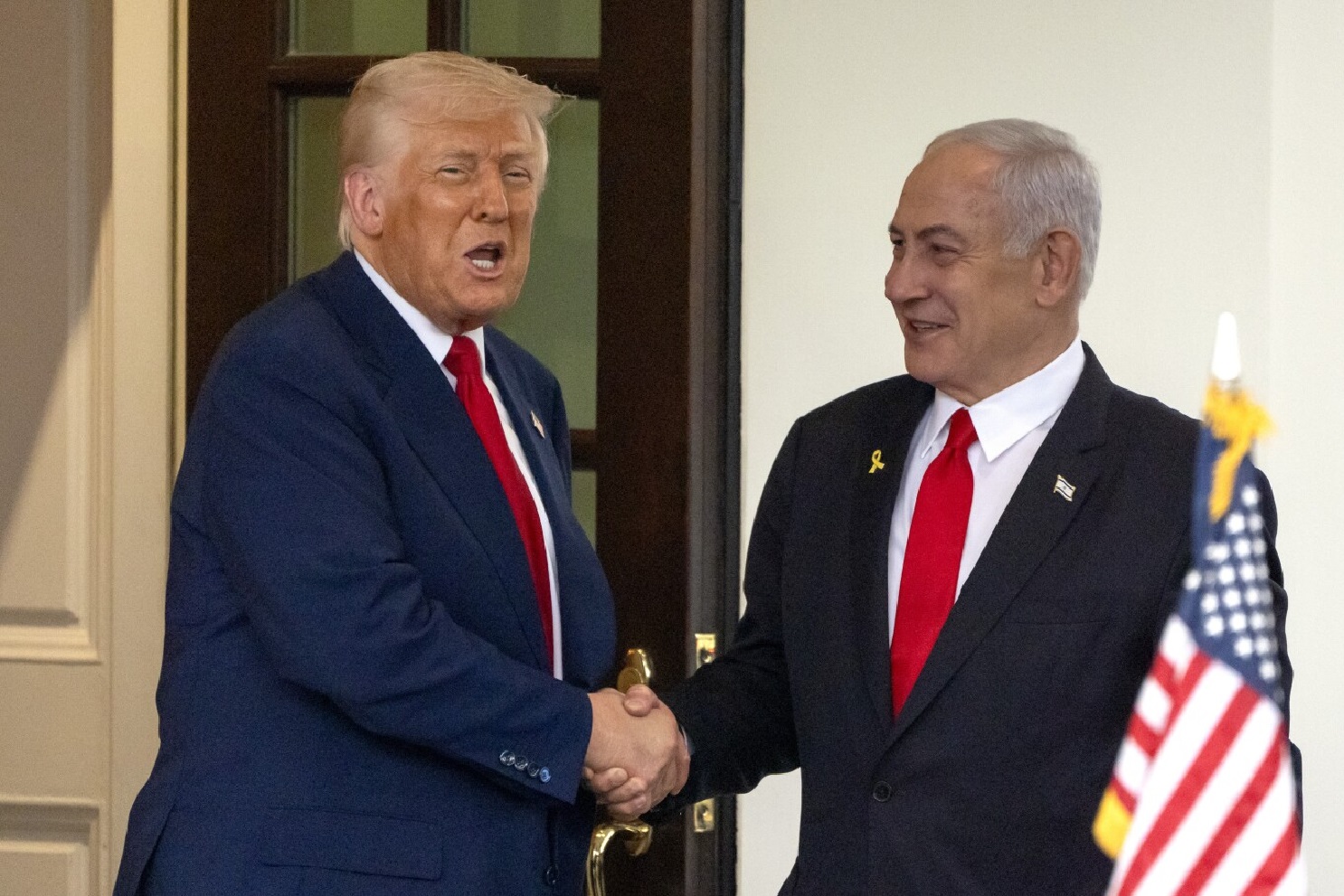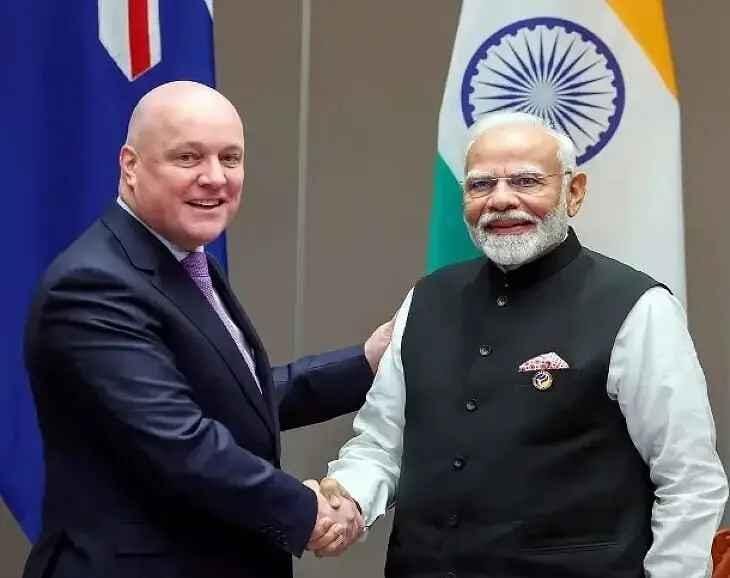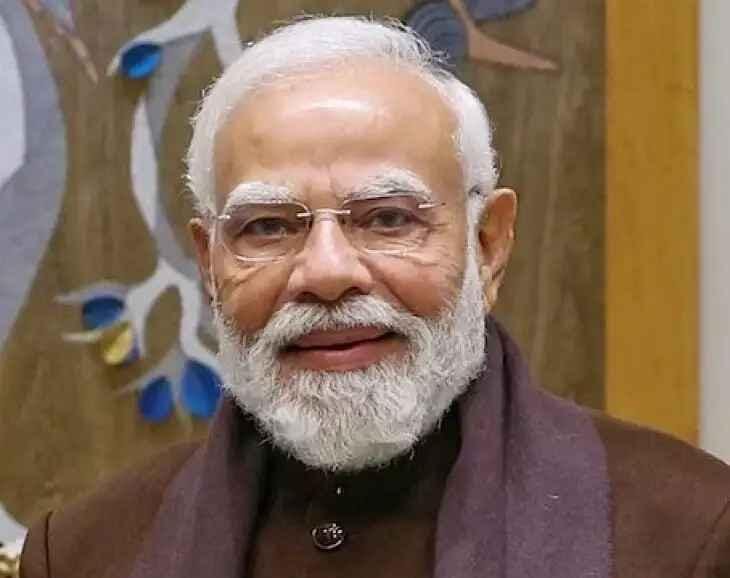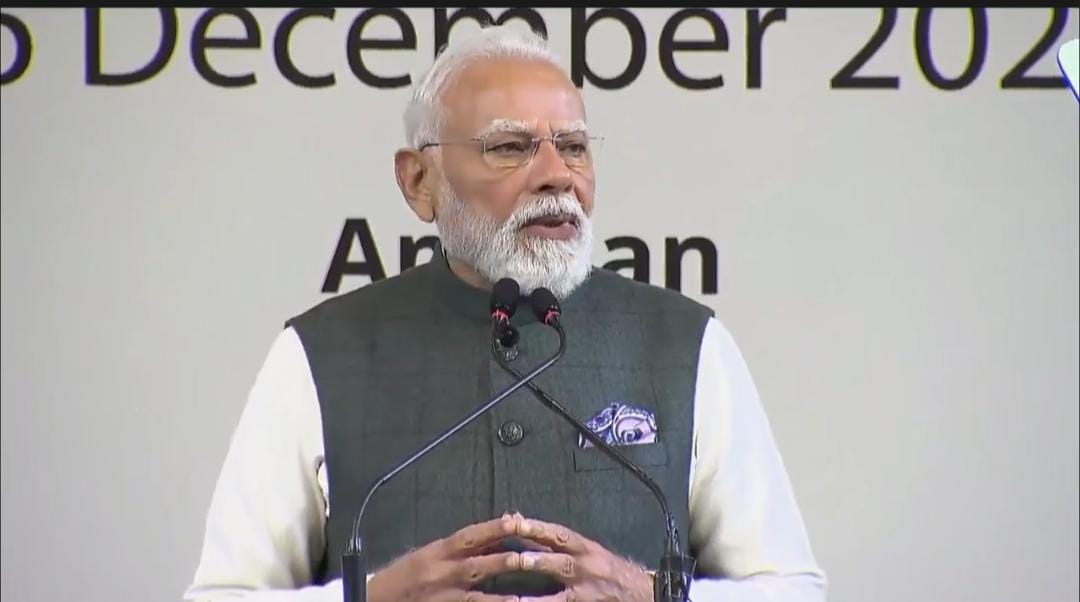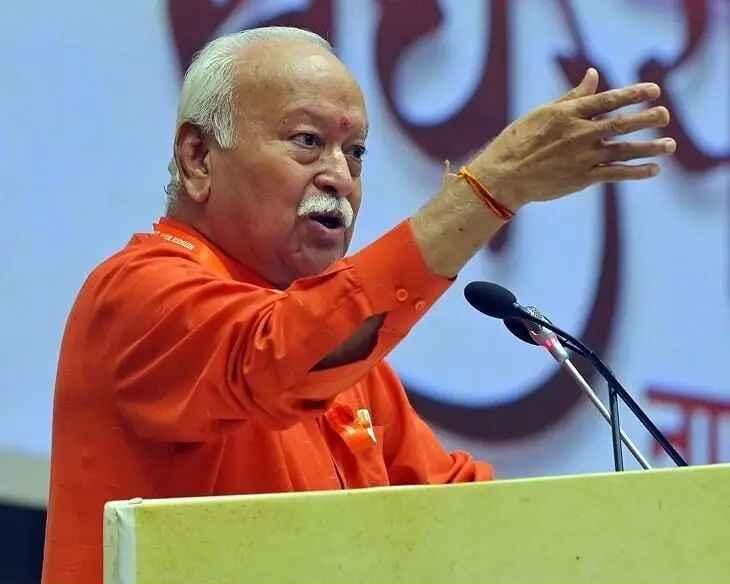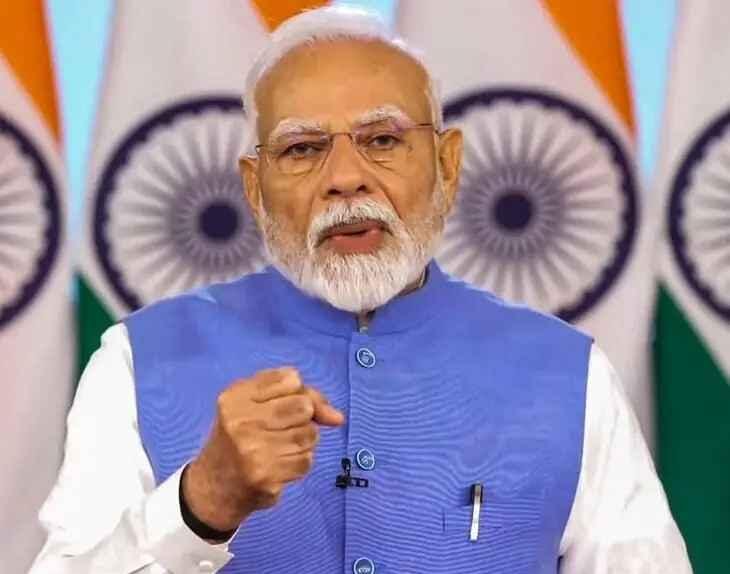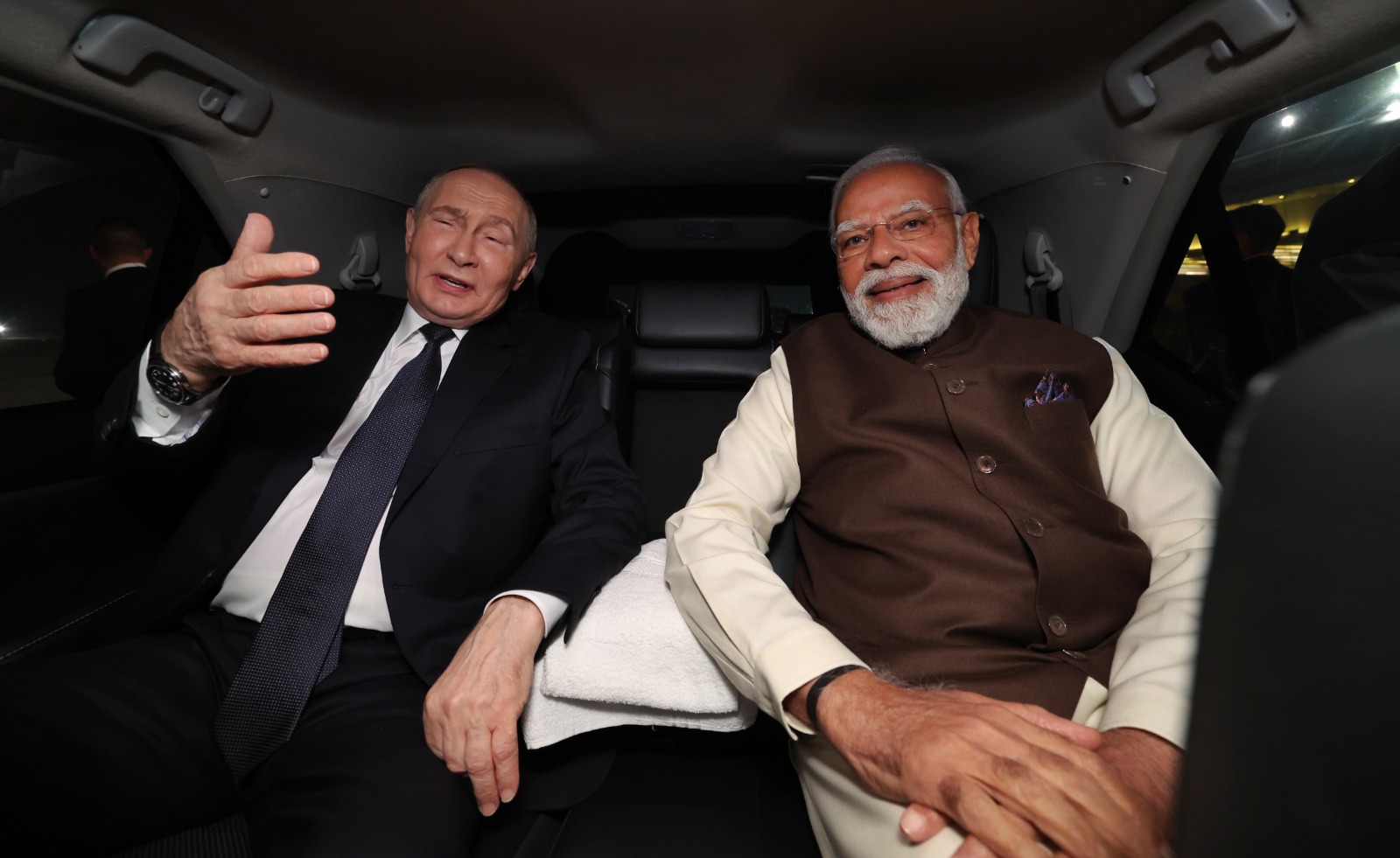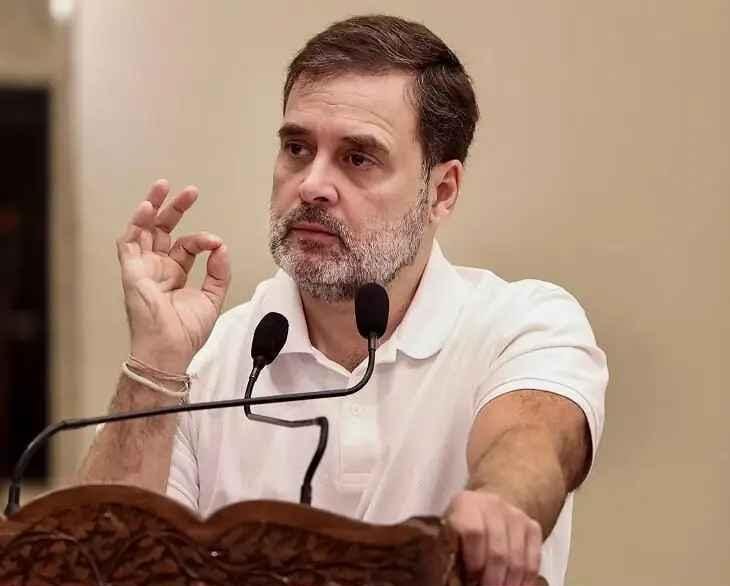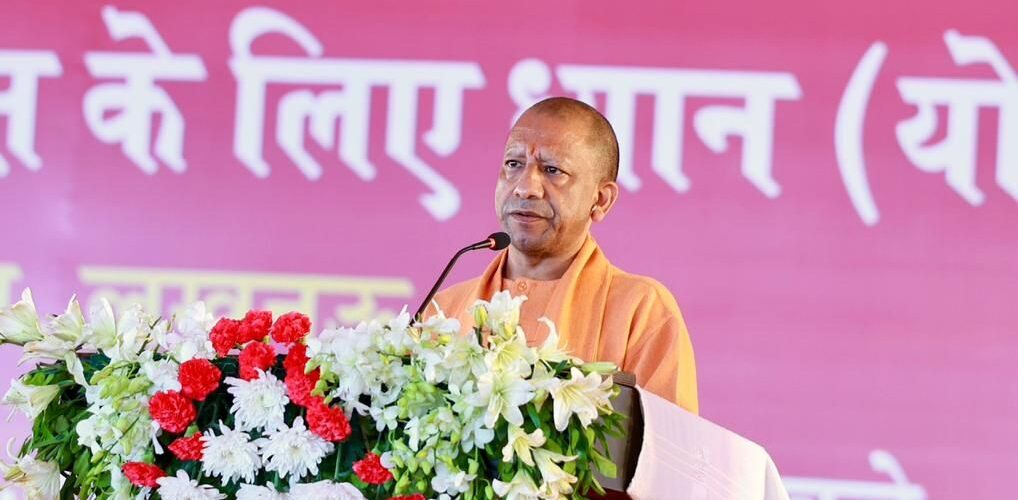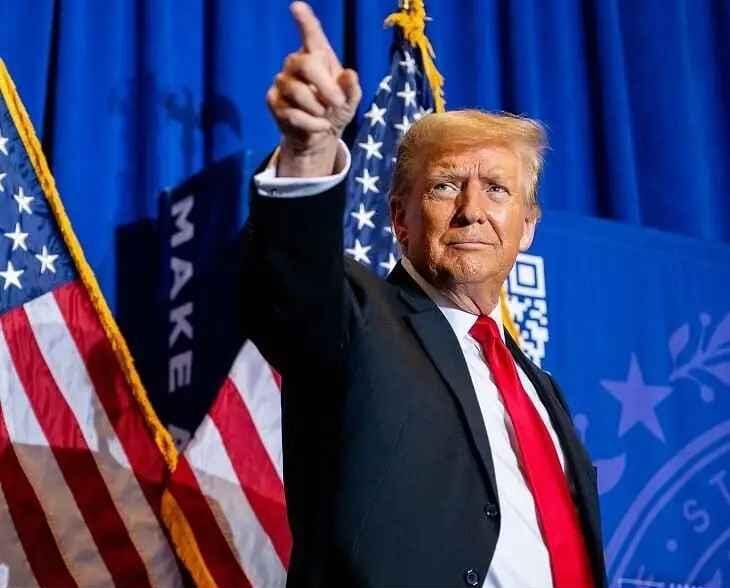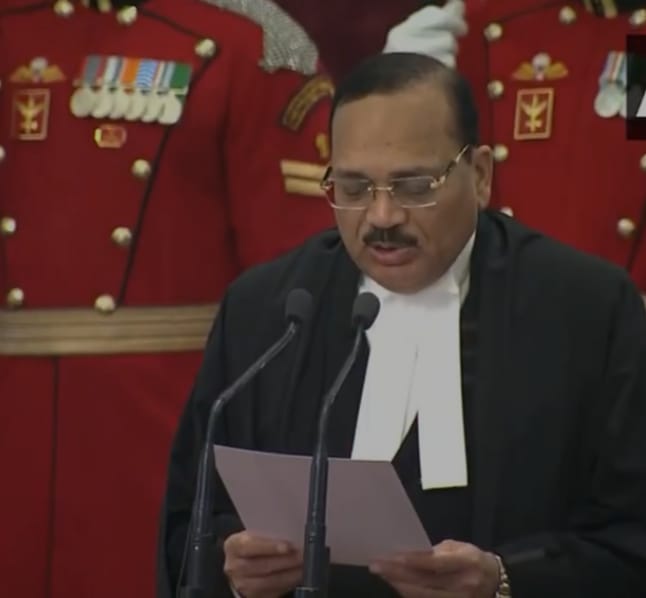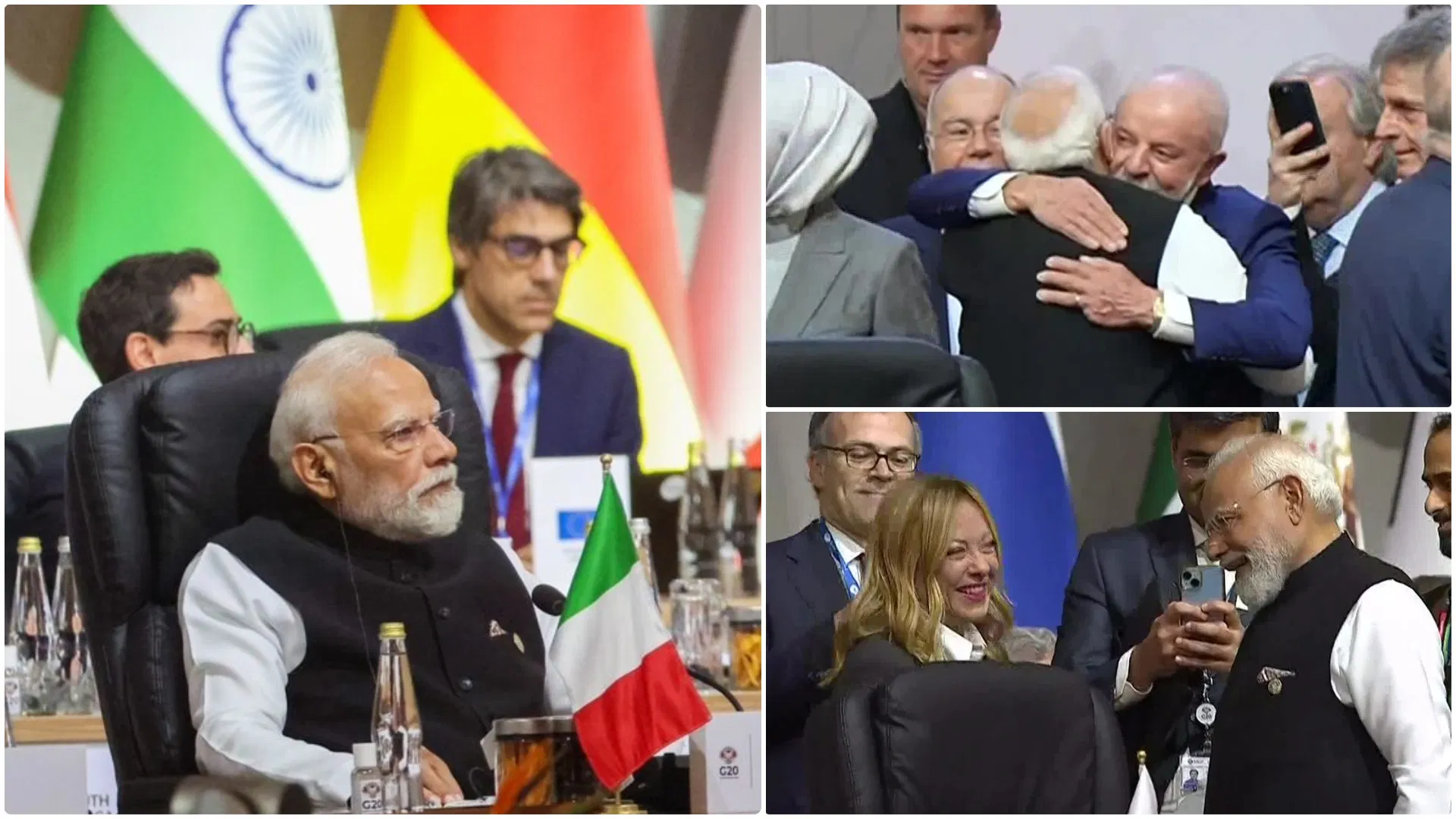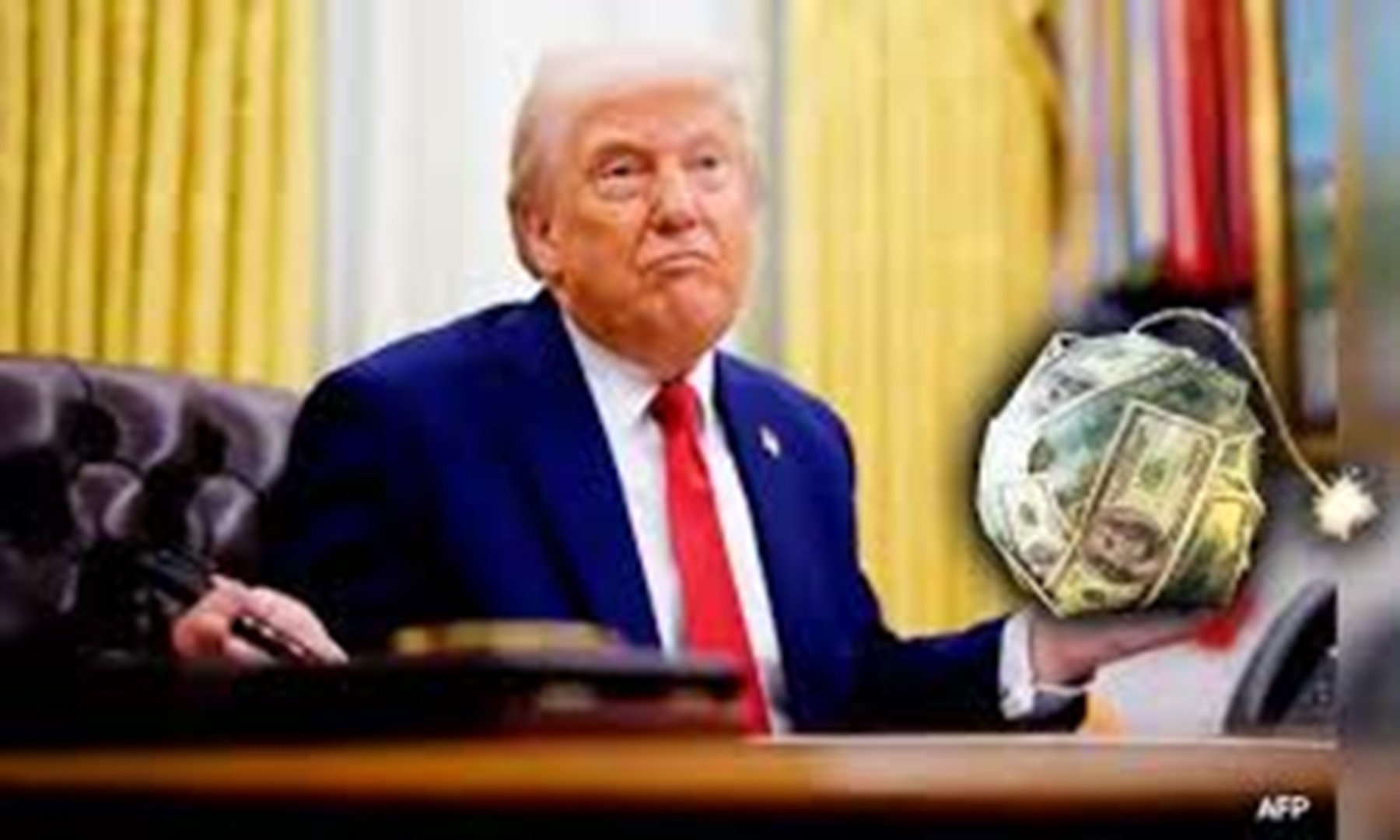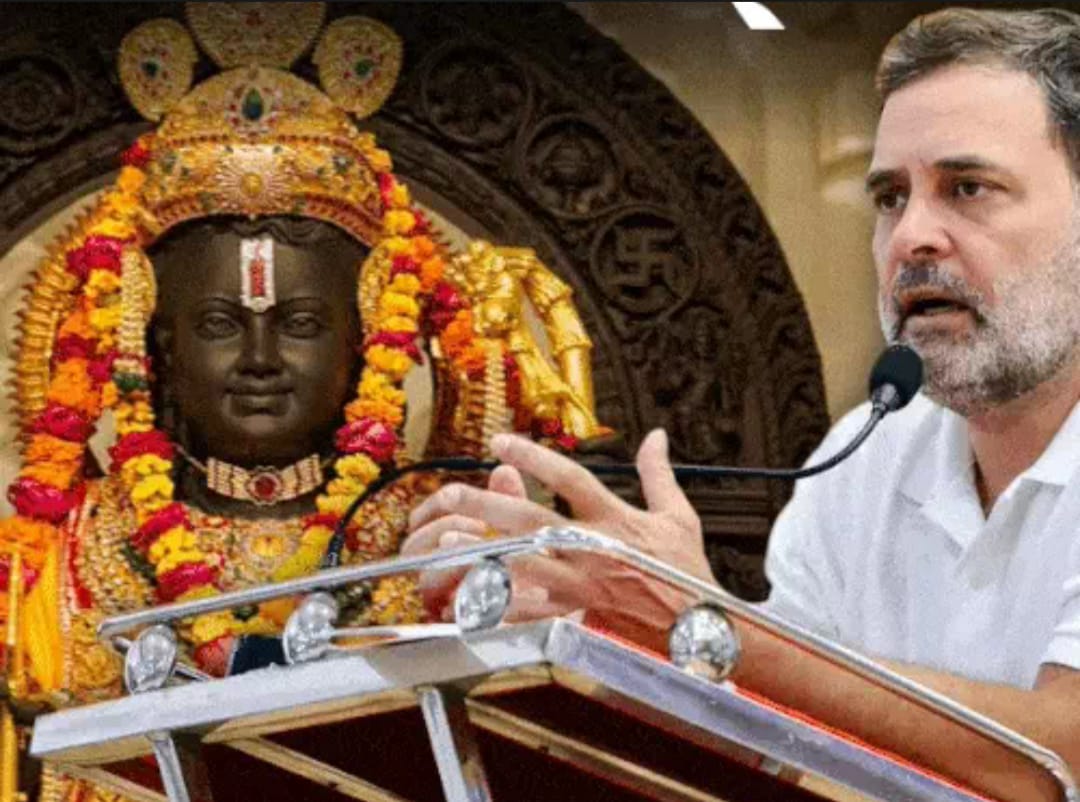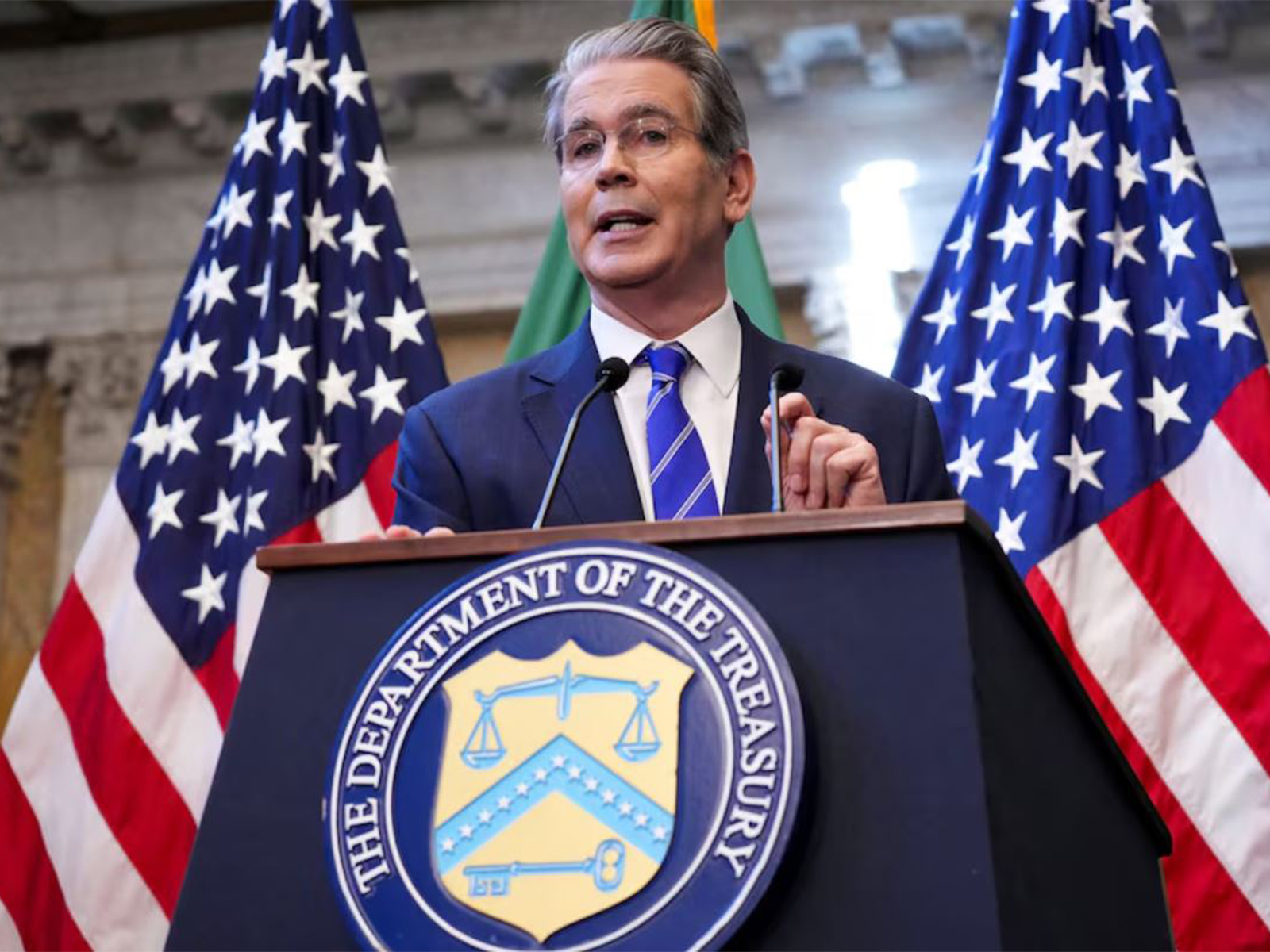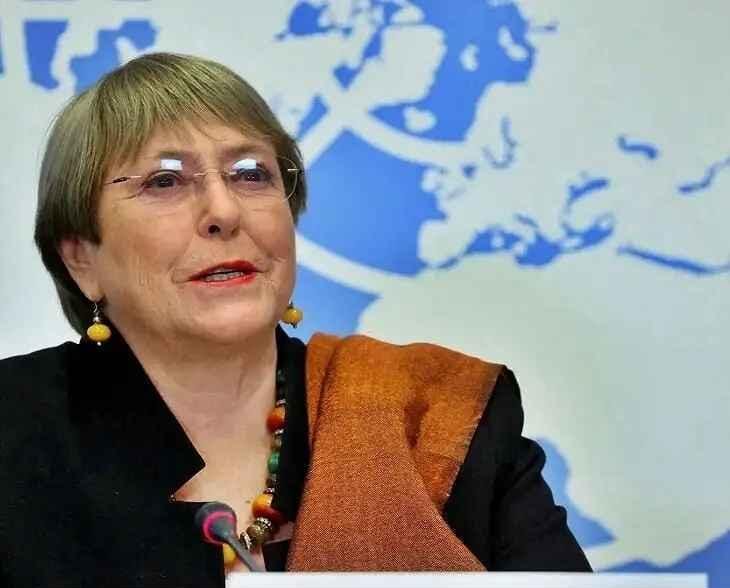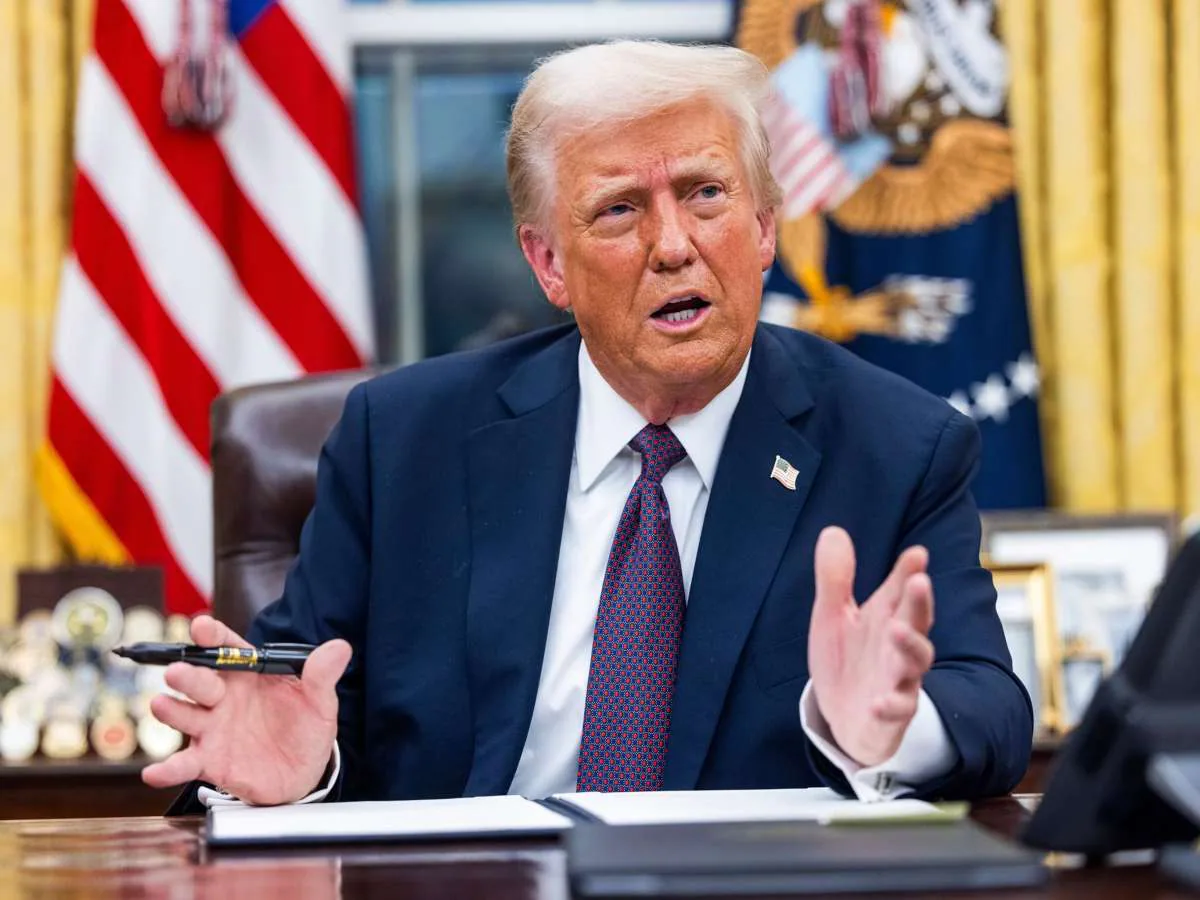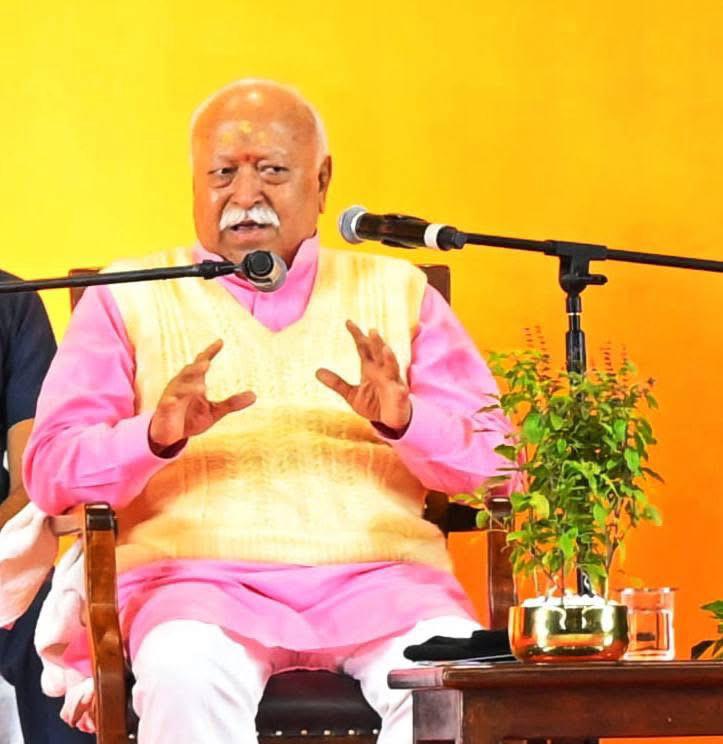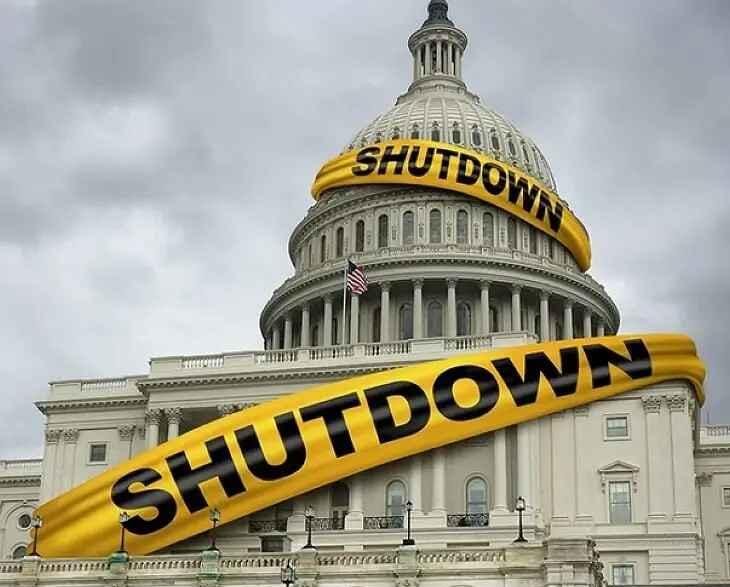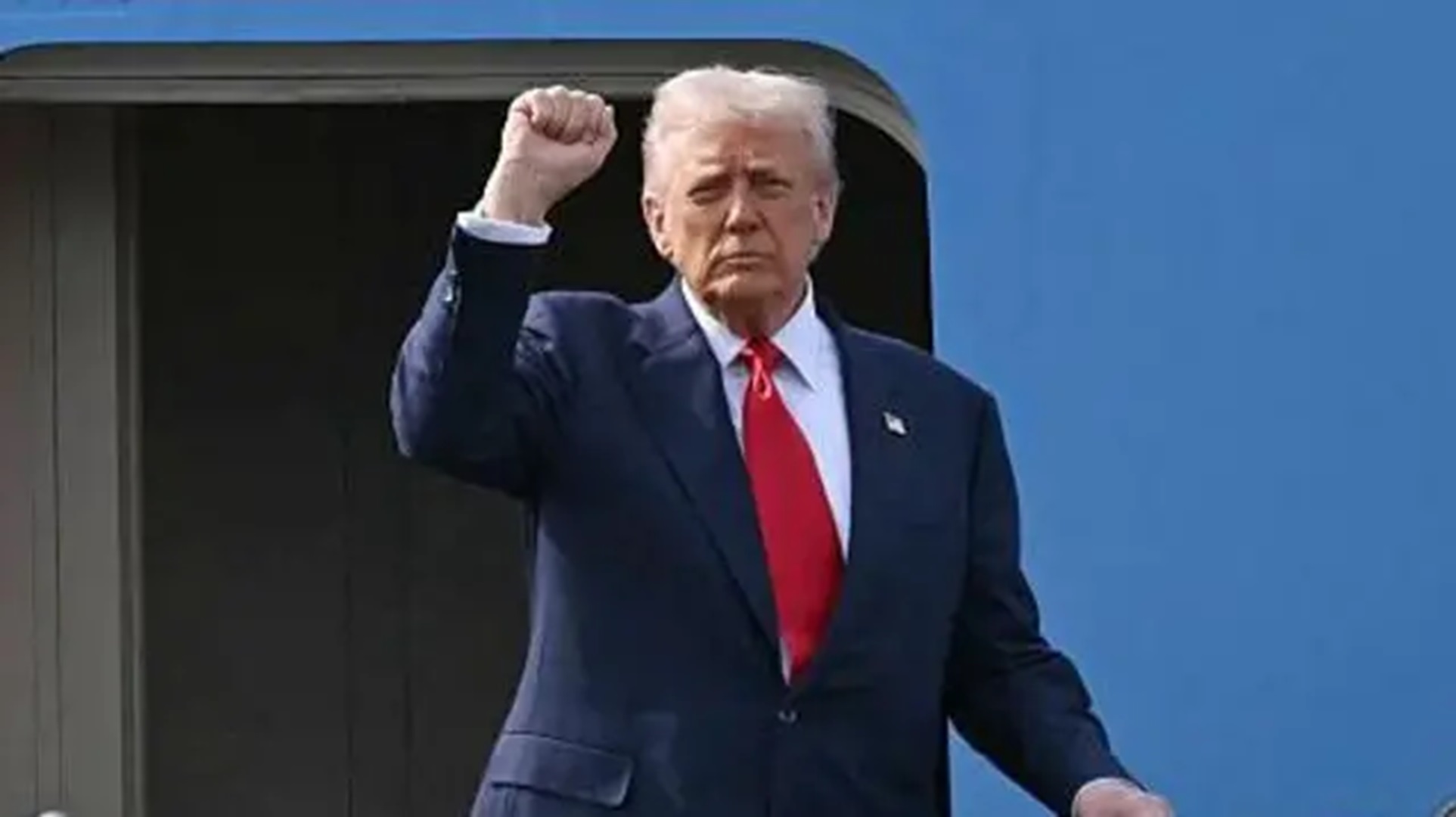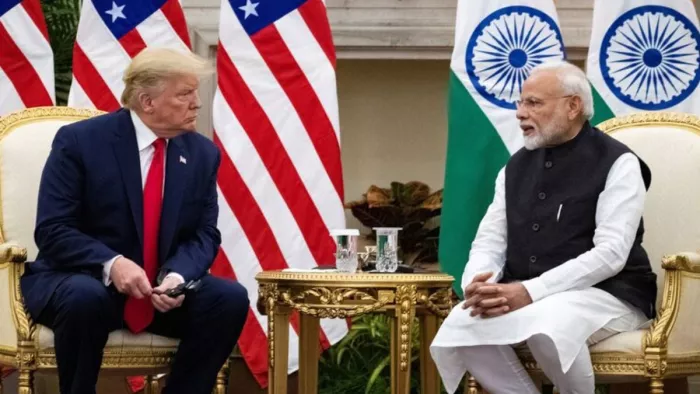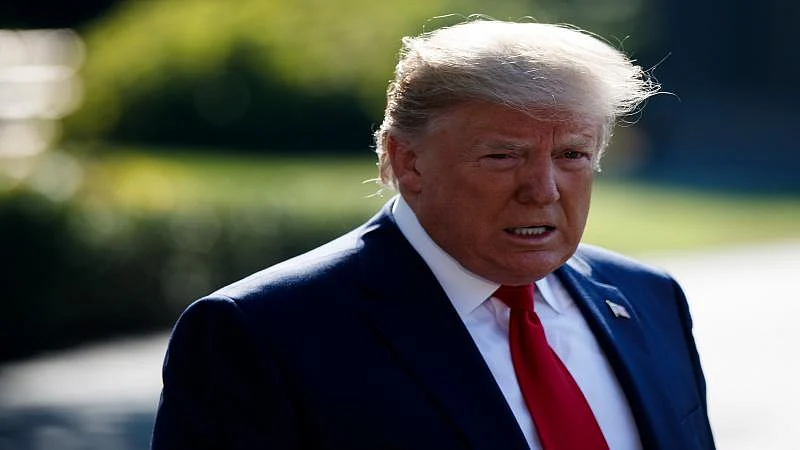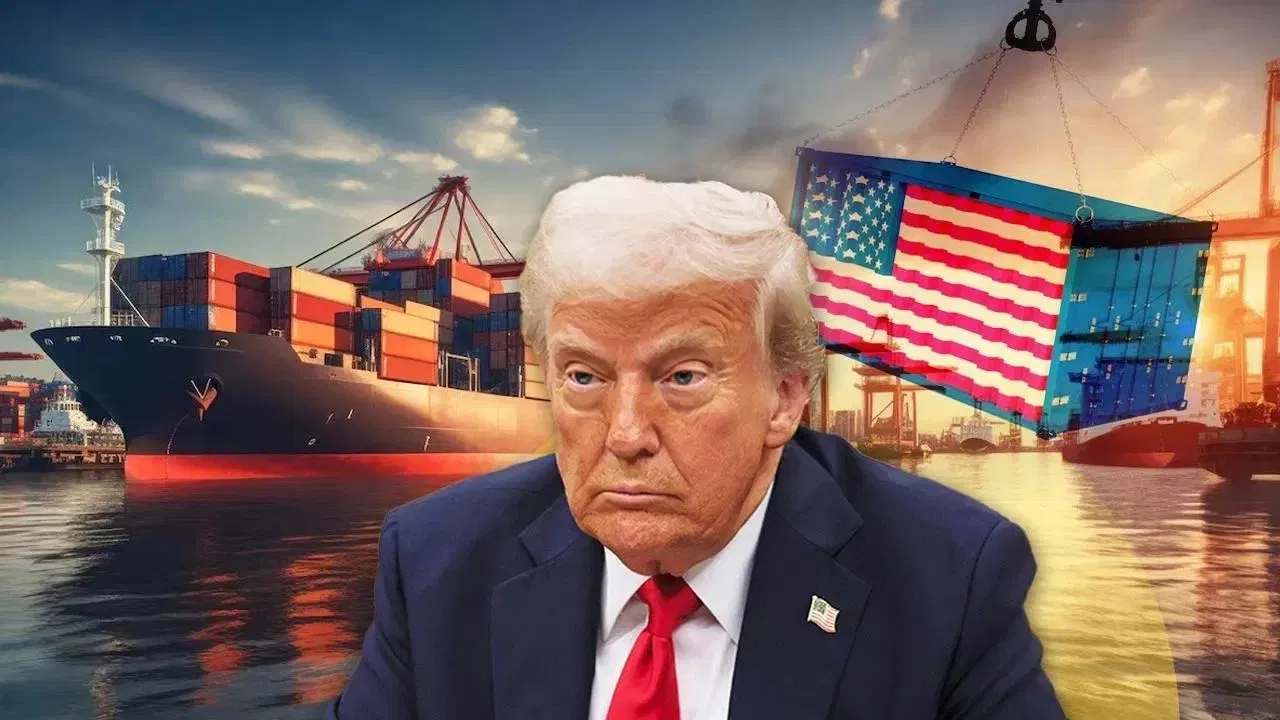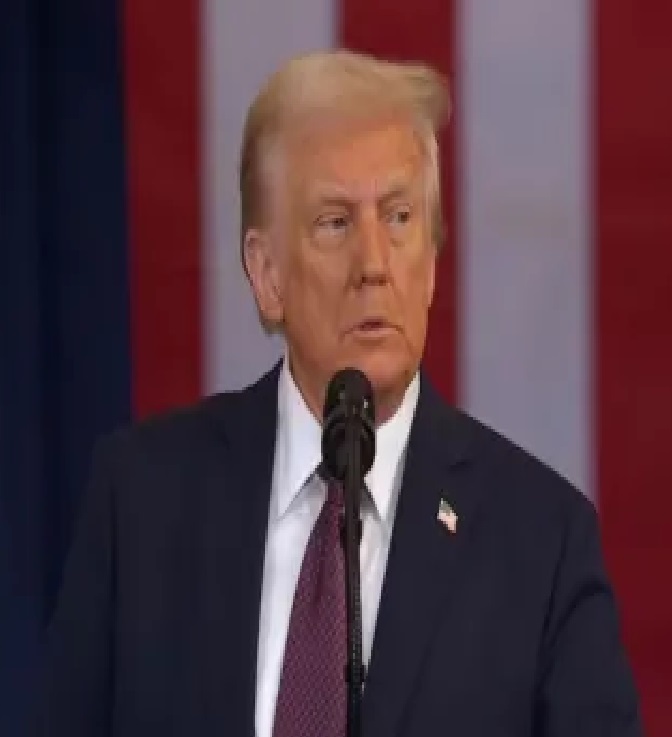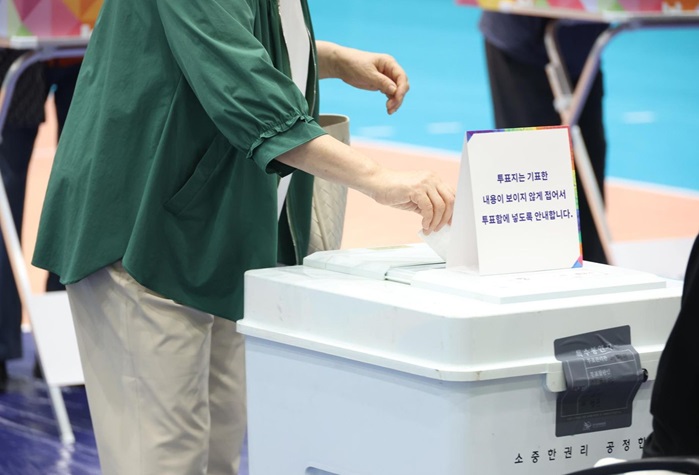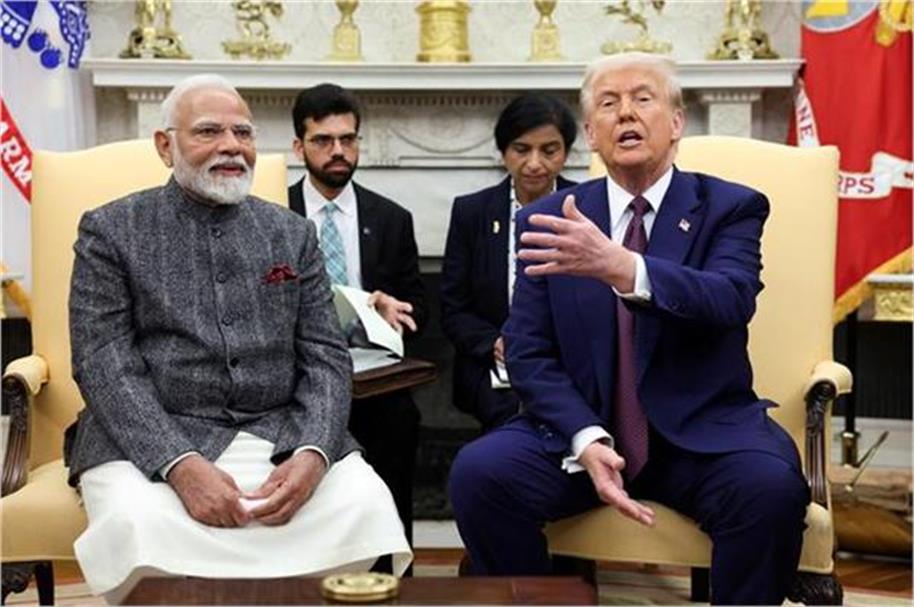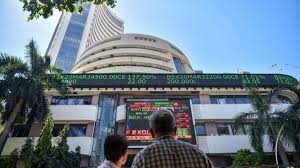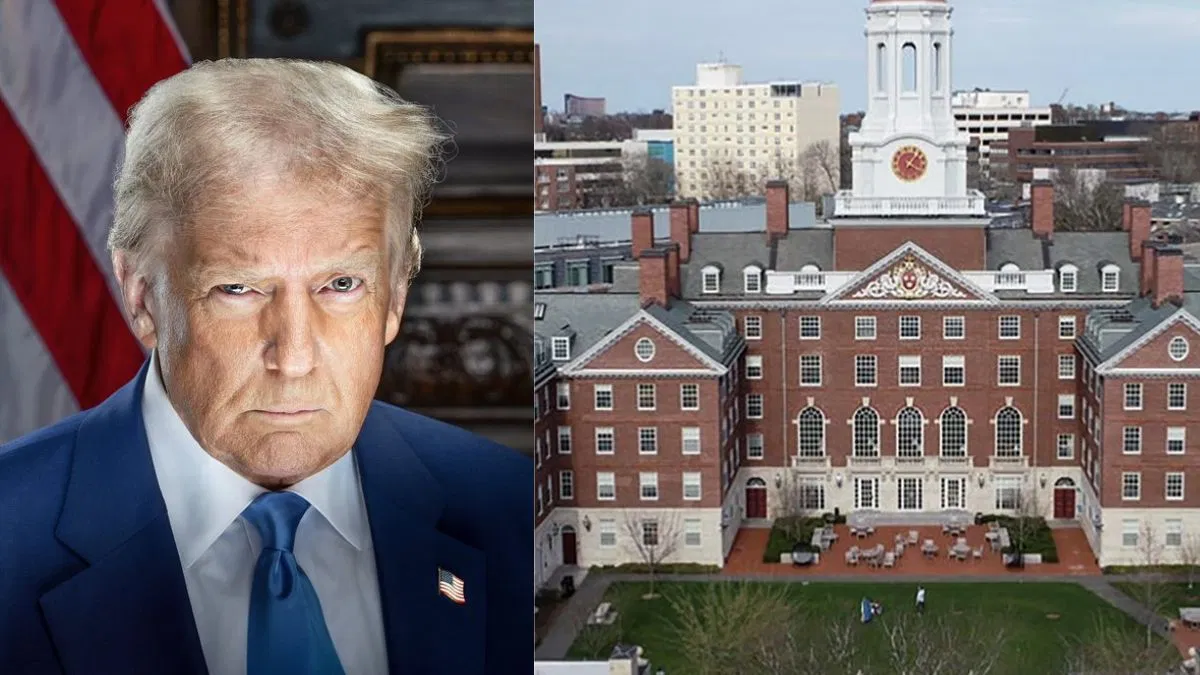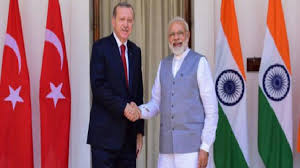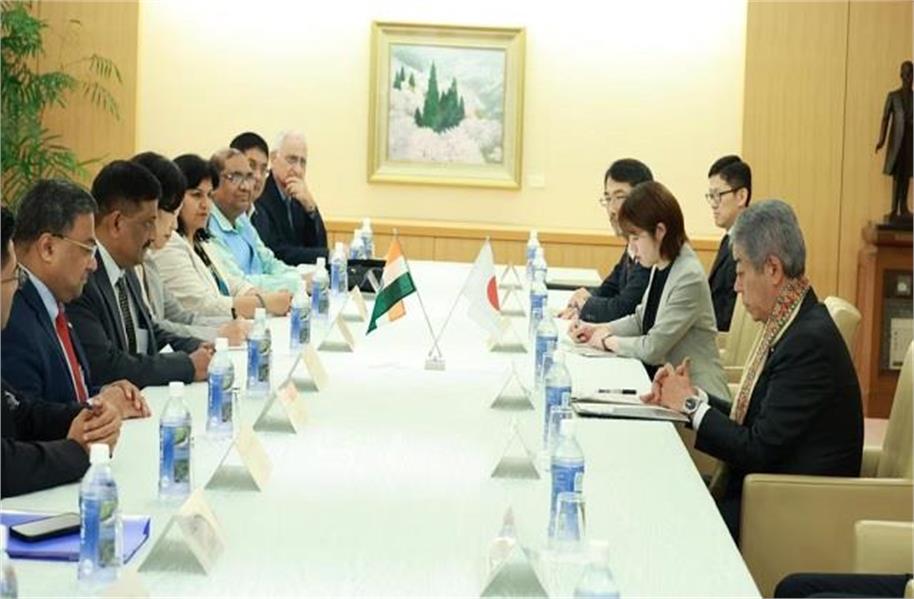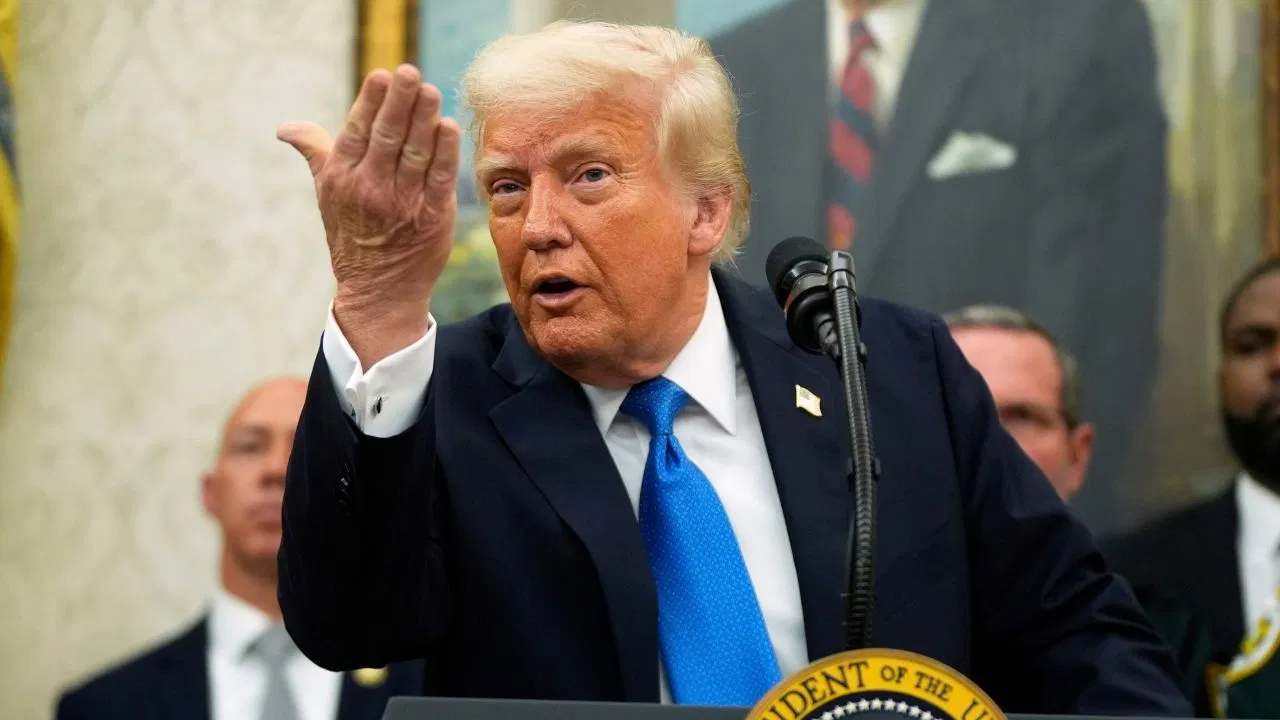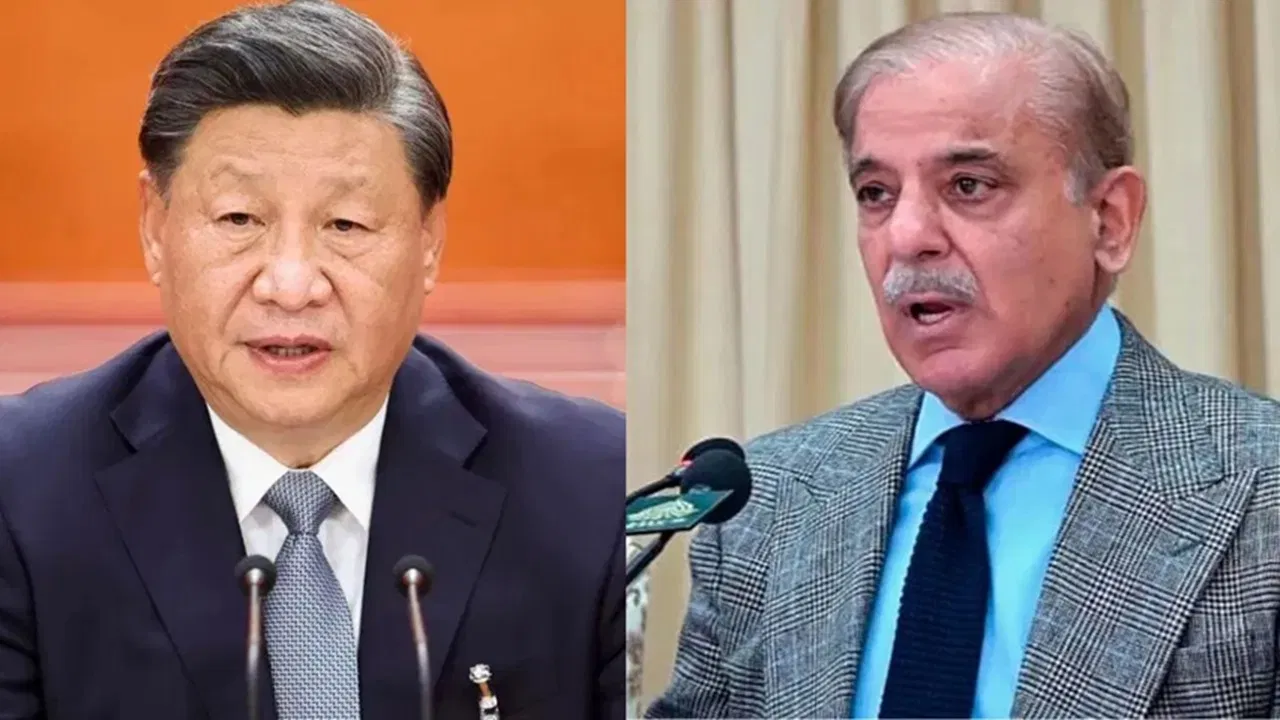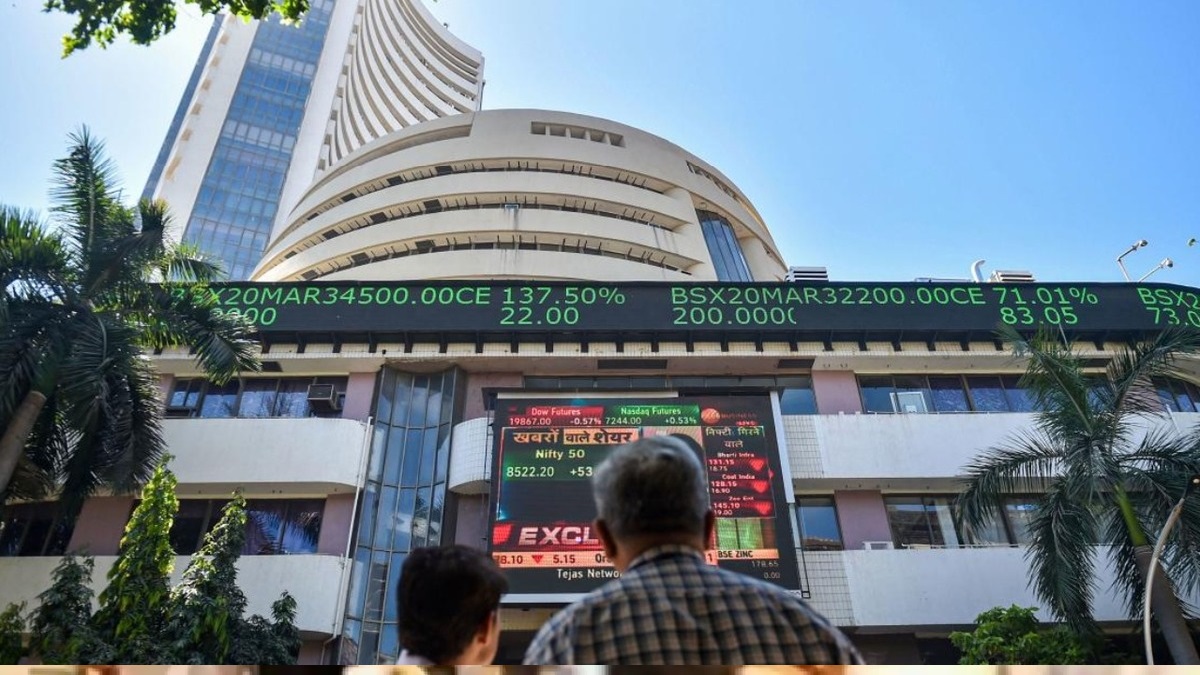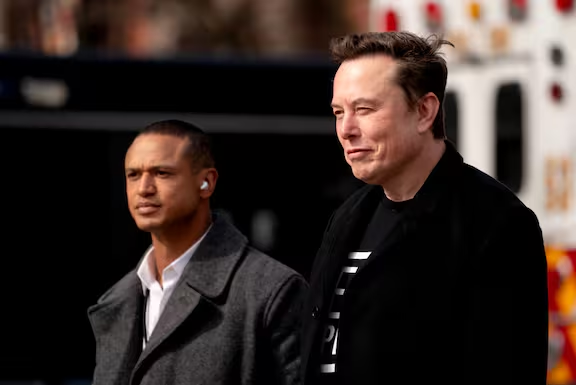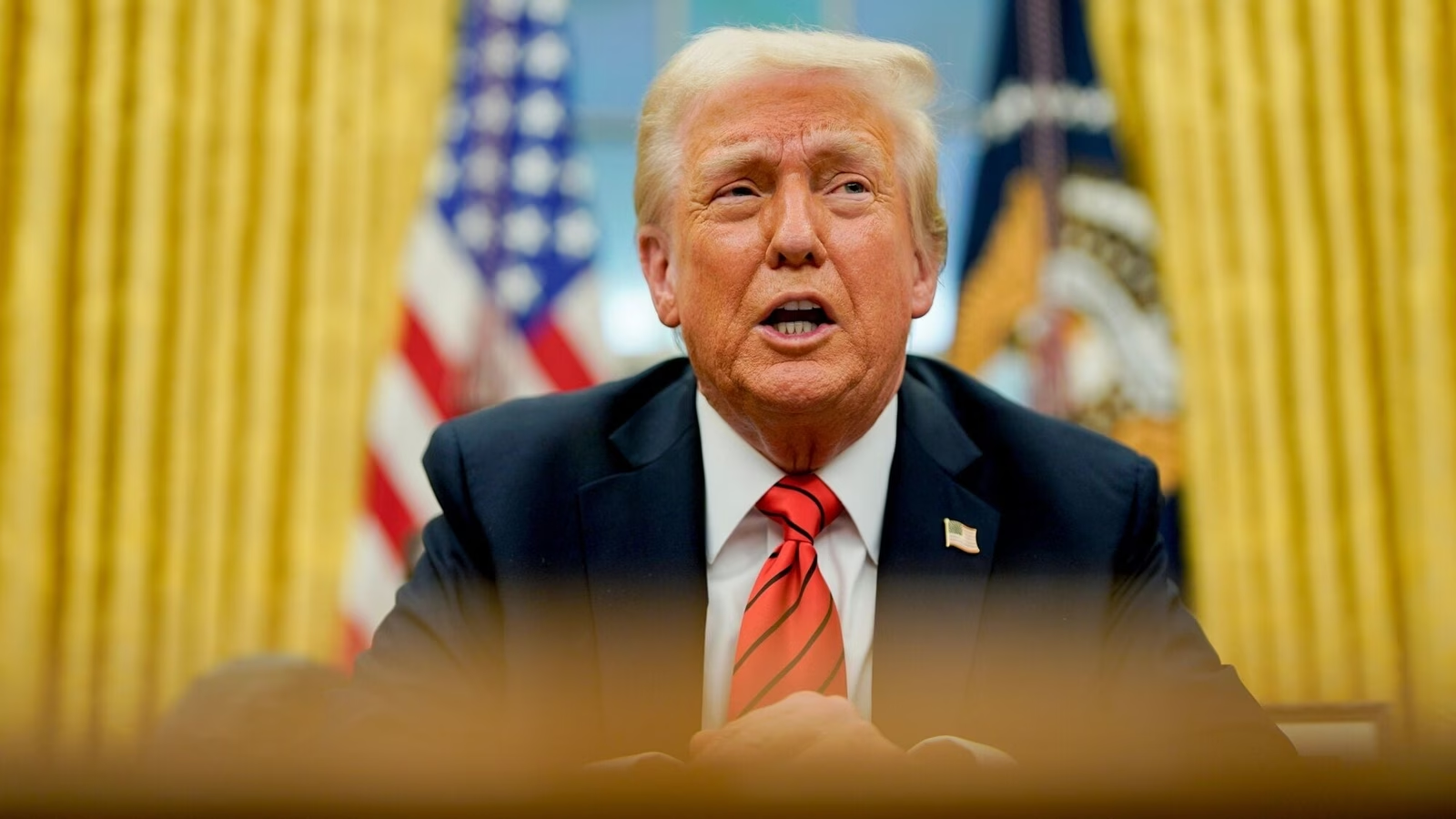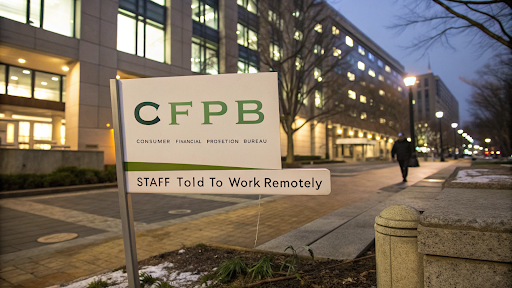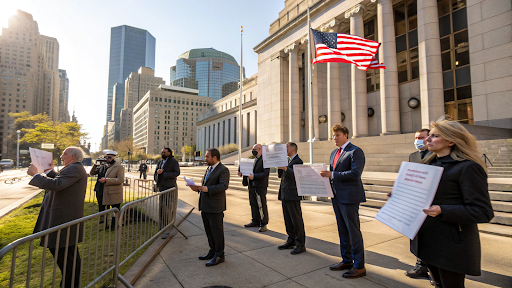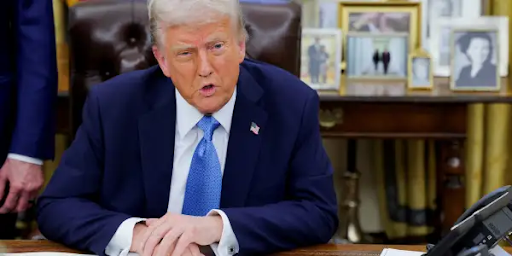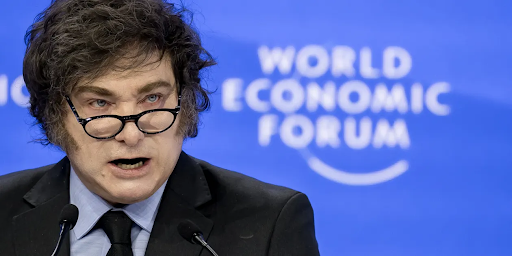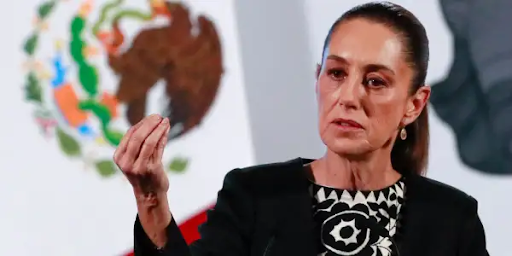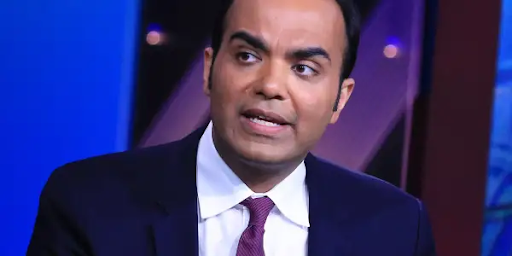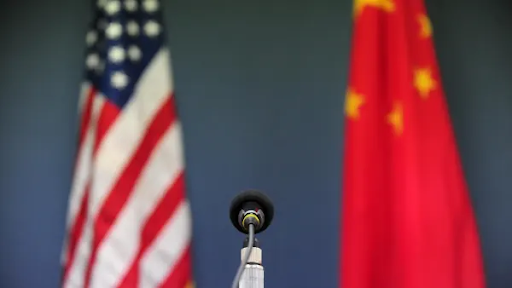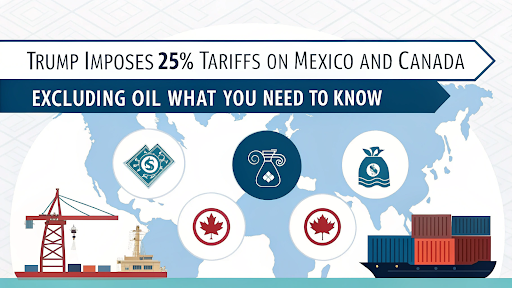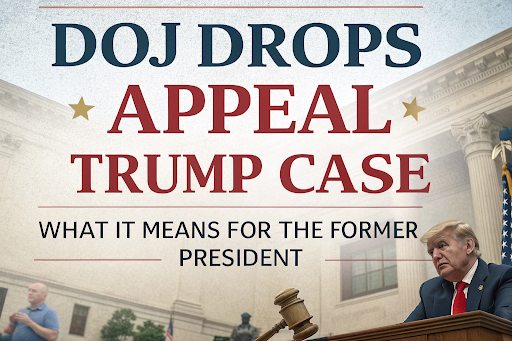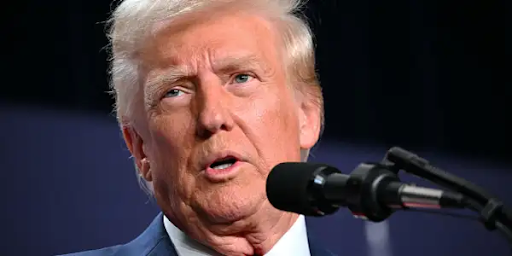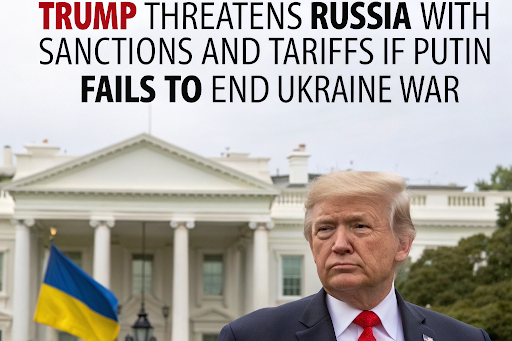
- Reciprocal tariffs do not apply to semiconductors or flat-panel displays.
- CEOs of tech companies are supporting Trump in his second term.
- Trump maintains 20% tariffs on all imports from China connected to fentanyl.
- Recent tariff exclusions indicate that consumers are becoming more conscious of their suffering.
- In 2024, the two biggest Chinese imports into the US were smartphones and computers.
In order to provide tech companies like Apple that depend on imported goods a reprieve from high reciprocal tariffs, the Trump administration gave exemptions to iPhones, computers, and some other gadgets that are mostly imported from China.
Among its 20 product categories were disc drives, automatic data processing, laptops, and the general 8471 code for all computers. Additionally, it contained flat panel displays, memory chips, equipment, and semiconductor devices.
Although the notice provided no justification for the change, large technology companies like Apple, Dell, and numerous other importers will be relieved by the late-night exclusion.
Additionally, Trump’s order lowers import prices for Taiwanese semiconductors and Apple iPhones made in India by exempting the designated gadgets from his 10% “baseline” tariffs on items from the majority of nations outside China.
Trump responded to reporters on Air Force One on Saturday when they asked him why he had made the exemptions and planned for semiconductors: “I’ll give you that answer on Monday.” On Monday, we will be quite clear. As a nation, we are receiving a significant amount of money.
The statement was described by Dan Ives, an analyst at Wedbush Securities, as “the most bullish news we could have heard this weekend.”
“There is still clear uncertainty and volatility ahead with these China negotiations…. Big Tech firms like Apple, Nvidia, Microsoft and the broader tech industry can breathe a huge sigh of relief this weekend into Monday,” Ives wrote in a note to the industry.
As Trump enters his second term, a number of CEOs of tech companies have welcomed him, joining him for celebrations after his inauguration in Washington on January 20. Tim Cook, the CEO of Apple, visited Trump at his Florida estate and threw a pre-inauguration ball.
Only Trump’s retaliatory tariffs, which increased to 125% this week, are excluded for the Chinese imports, a White House official said. Trump’s previous 20% tariffs on all Chinese imports, which he said were connected to the fentanyl issue in the United States, are still in effect.
However, the official stated that Trump would shortly begin a new national security trade inquiry into semiconductors, which may result in additional new penalties.
Trump has made it plain that the United States cannot rely on China to provide vital technologies like chips, semiconductors, laptops, and smartphones, according to a statement from White House spokesperson Karoline Leavitt.
TARIFF PAIN
The exemptions imply that the Trump administration is becoming more conscious of the harm that his tariffs may do to customers who are already suffering from inflation.
Analysts projected that the price of a high-end Apple iPhone may increase from $1,599 to $2,300, even with a reduced 54% tariff rate on Chinese imports. Economists and analysts have warned that U.S.-China trade could essentially stop at 125%.
According to U.S. Census Bureau data, smartphones accounted for $41.7 billion of all U.S. imports from China in 2024, followed by laptops made in China, which came in second at $33.1 billion.
The promise that Trump would lower costs, which were driven by inflation and damaged the economic standing of former President Joe Biden and his Democratic supporters, was a major component of his campaign to retake the White House last year.
Trump has downplayed financial market volatility and price hikes from the levies as a necessary disruption to realign the global trading order as he has envisioned, but he also pledged to implement the tariffs that have become a key component of his economic plan.
His so-called “reciprocal tariffs,” however, sparked concerns about a potential U.S. recession and garnered condemnation from some Republicans who do not want to lose control of Congress to Democrats who have criticized Trump’s actions in the upcoming midterm elections.
The majority of nations are now subject to a 10% tax as they attempt to negotiate trade agreements with Washington after Trump postponed higher duty rates for 57 trading partners and the European Union last week.
The U.S. president, who is spending the weekend at his Florida home, told reporters Friday that he was okay with the high tariffs on China but that he had a strong connection with President Xi Jinping and thought the trade spat between the two countries will conclude in a nice way.
China raised the stakes in a trade war that threatens to disrupt global supply networks by matching Trump’s most recent tariff rise on U.S. imports to 125% on Friday, sending financial markets into further chaos.
The safe haven of gold reached a record high during the session, while benchmark U.S. 10-year government bond yields saw their largest weekly increase since 2001 combined with a decline in the dollar, indicating a lack of confidence in the U.S. economy, even though U.S. stocks concluded a tumultuous week higher.
For more such news keep following Rashtriya Prastavana.





